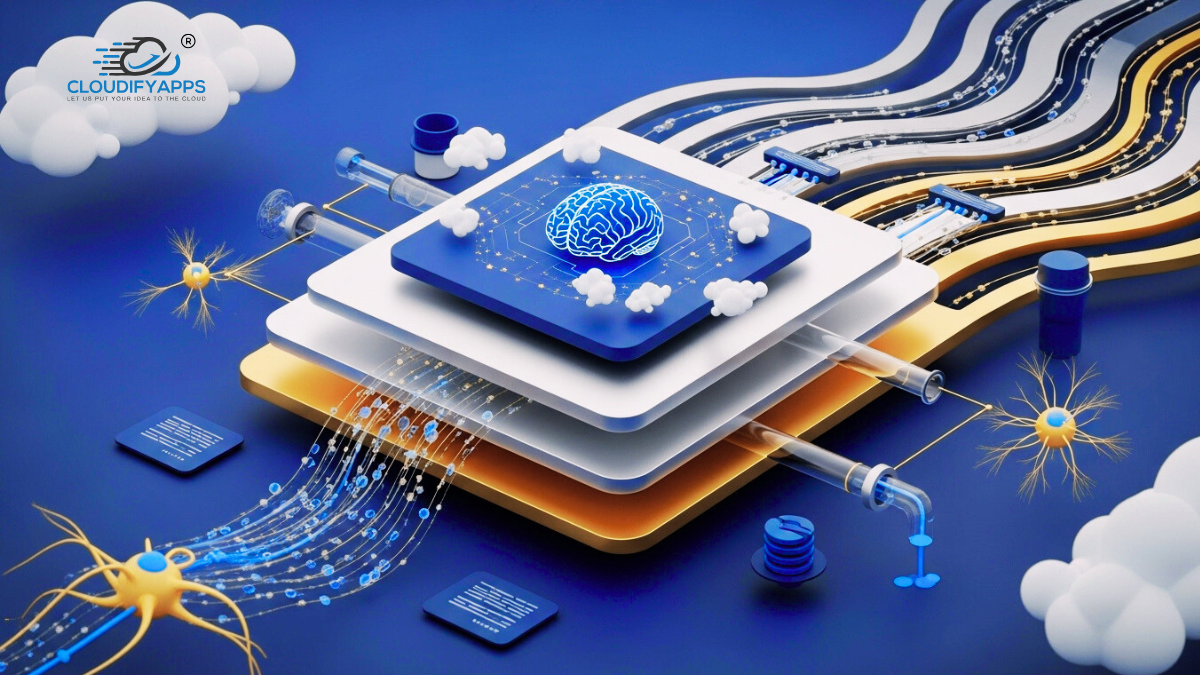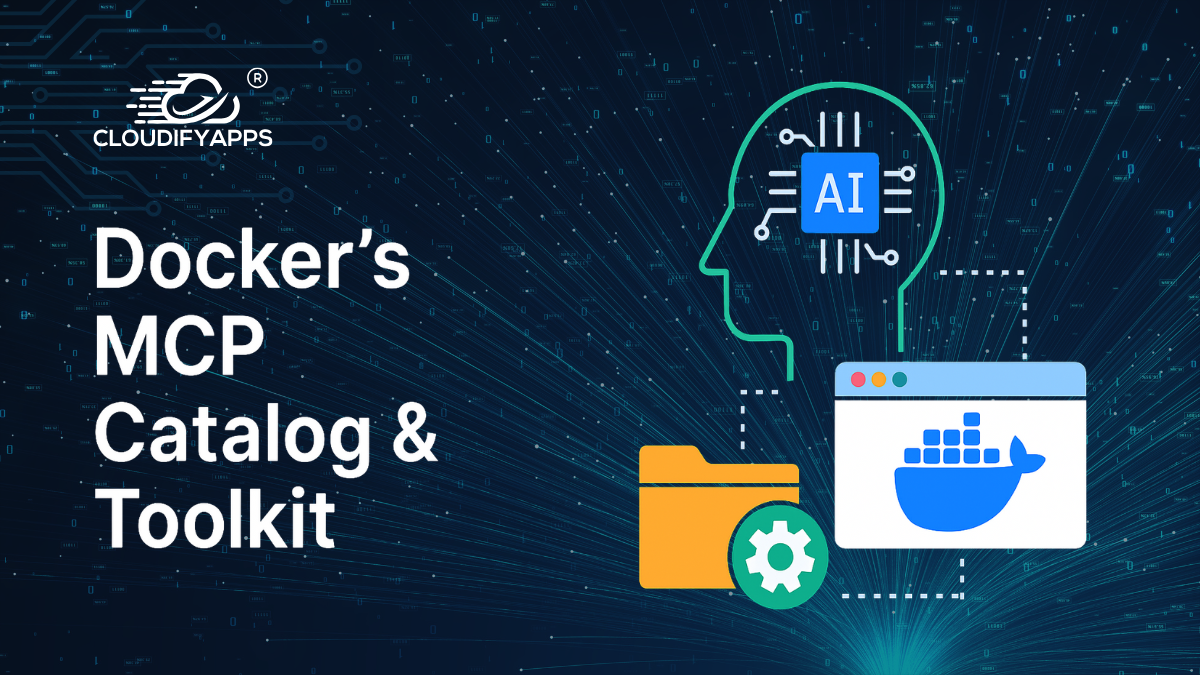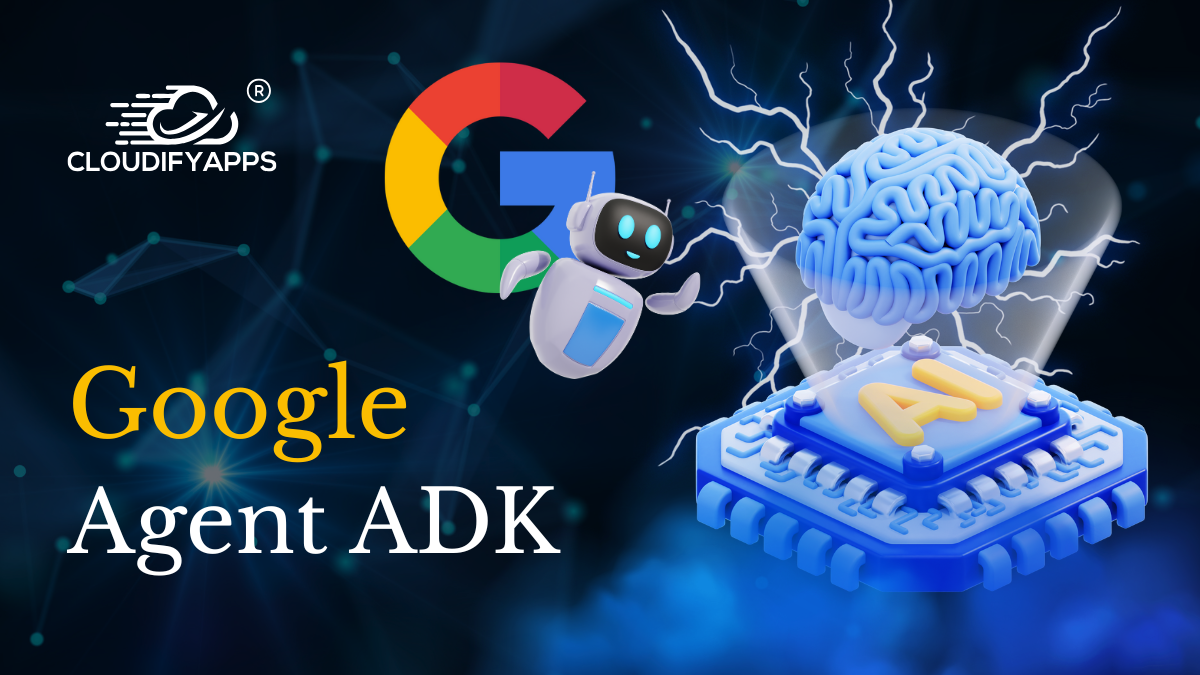
Unleashing the Power of Language: Exploring GPT and Google Bard in the Age of AI
In recent years, there has been a surge of interest in large language models (LLMs). LLMs are a type of artificial intelligence (AI) that can be trained to generate text, translate languages, write different kinds of creative content, and answer your questions in an informative way.
Two of the most popular LLMs are GPT and Google Bard. GPT is a LLM developed by OpenAI, while Google Bard is a LLM developed by Google AI. Both GPT and Google Bard are trained on massive datasets of text and code, and they are able to perform a wide range of tasks.
One of the most impressive things about LLMs is their ability to generate text that is indistinguishable from human-written text. For example, GPT and Google Bard can be used to write blog posts, articles, and even creative fiction.
LLMs are also being used to translate languages. For example, GPT and Google Bard can be used to translate between English and French, Spanish, German, and many other languages.
LLMs are also being used to write different kinds of creative content. For example, GPT and Google Bard can be used to write poems, code, scripts, musical pieces, email, letters, etc.
LLMs are still under development, but they have the potential to revolutionize the way we interact with computers. In the future, LLMs could be used to create more personalized and engaging experiences for users. For example, LLMs could be used to create virtual assistants that can understand our needs and preferences or to create educational tools that can adapt to our individual learning styles.
LLMs also have the potential to be used for creative purposes. For example, LLMs could be used to generate new ideas for stories, poems, or songs. Overall, LLMs are a powerful new technology that has the potential to change the way we interact with computers. As LLMs continue to develop, we can expect to see even more amazing things from them in the future.
What are LLMs?
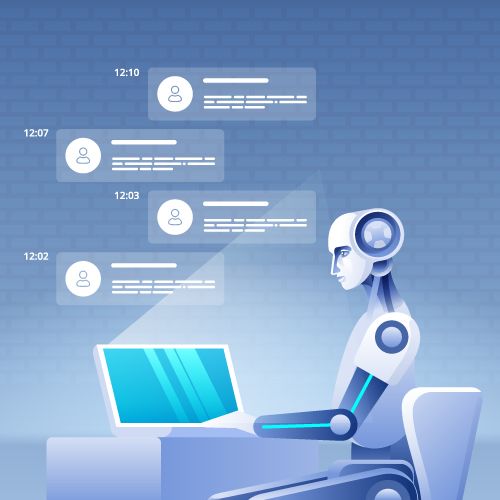
LLMs, or large language models, are a type of artificial intelligence (AI) that are trained on massive datasets of text and code. This allows them to learn the statistical relationships between words and phrases, and to generate text that is indistinguishable from human-written text.
LLMs are still under development, but they have the potential to revolutionize the way we interact with computers. In the future, LLMs could be used to create more personalized and engaging experiences for users. For example, LLMs could be used to create virtual assistants that can understand our needs and preferences or to create educational tools that can adapt to our individual learning styles.
What are the Benefits of LLMs?
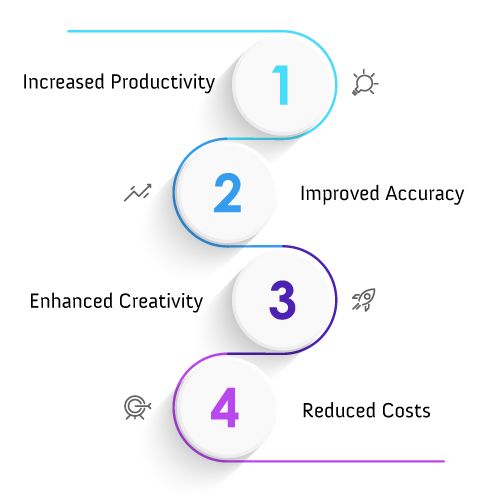
There are many benefits to using LLMs. Some of the most notable benefits include:
- Increased productivity: LLMs can be used to automate tasks that are currently done manually, such as writing reports, generating marketing materials, or creating code. This can free up time for employees to focus on more strategic tasks.
- Improved accuracy: LLMs can be used to improve the accuracy of tasks that are currently done manually, such as translation or transcription. This can lead to better quality products and services.
- Enhanced creativity: LLMs can be used to generate new ideas and content. This can be helpful for businesses that are looking to innovate or for individuals who are looking to be more creative.
- Reduced costs: LLMs can be used to reduce the cost of tasks that are currently done manually. This can lead to savings for businesses and individuals.
What are the Challenges of LLMs?
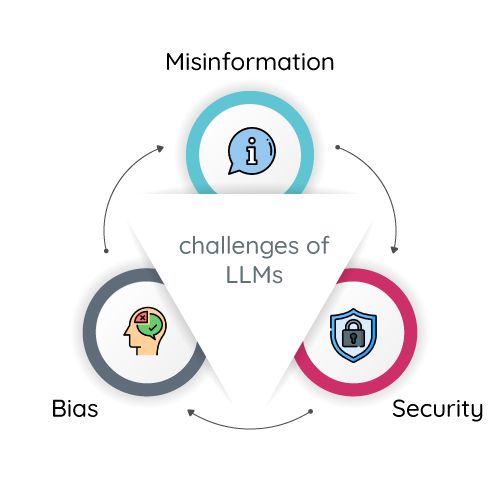
There are some challenges associated with using LLMs. Some of the most notable challenges include:
- Bias: LLMs are trained on massive datasets of text and code, which may contain biases. This can lead to LLMs generating text that is biased.
- Misinformation: LLMs can be used to generate text that is false or misleading. This can be a problem for businesses that are trying to build trust with their customers or for individuals who are trying to make informed decisions.
- Security: LLMs can be used to generate text that is harmful or offensive. This can be a problem for businesses that are trying to protect their reputation or for individuals who are trying to stay safe online.
What is the Future of LLMs?
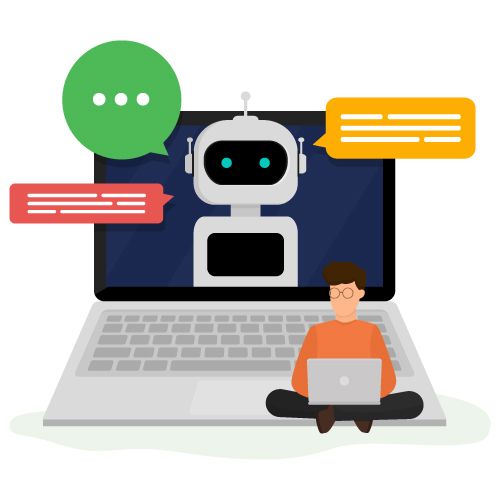
The future of LLMs is bright. As LLMs continue to develop, they will become more powerful and sophisticated. This will lead to new and innovative applications for LLMs. For example, LLMs could be used to create more personalized and engaging experiences for users, to improve the accuracy of tasks that are currently done manually.
Popular Tags
Recent Posts
Smart automation for cash-strapped startups
The modern data trinity: How medallion architecture, RAG, and data lakes revolutionize enterprise intelligence
Accelerating AI-Driven Development with Docker’s MCP Catalog & Toolkit
Building Intelligent Agent Teams with Google's ADK: A Developer's Guide
We are at





















